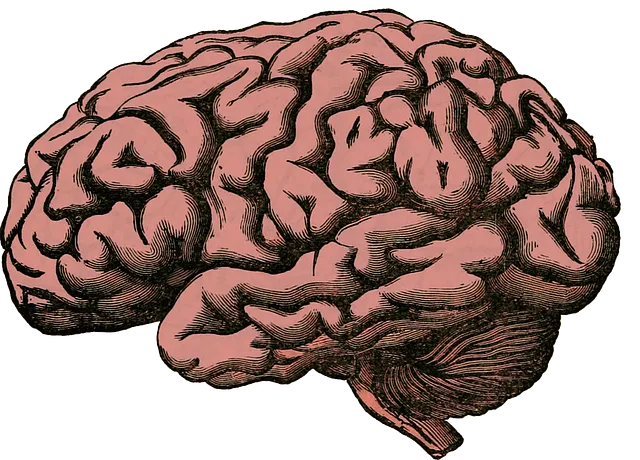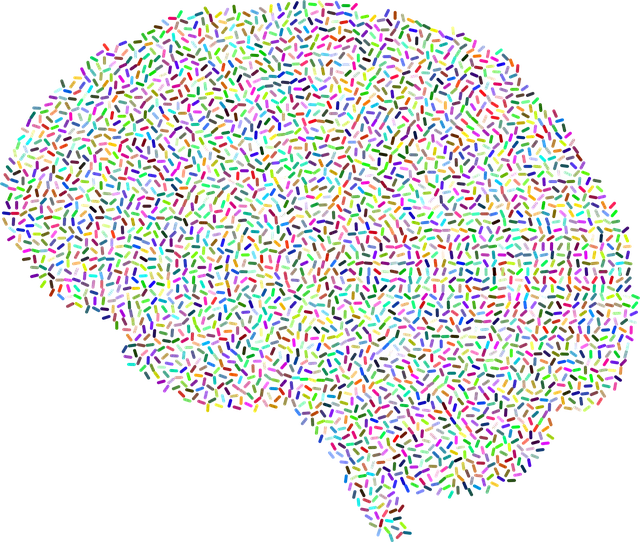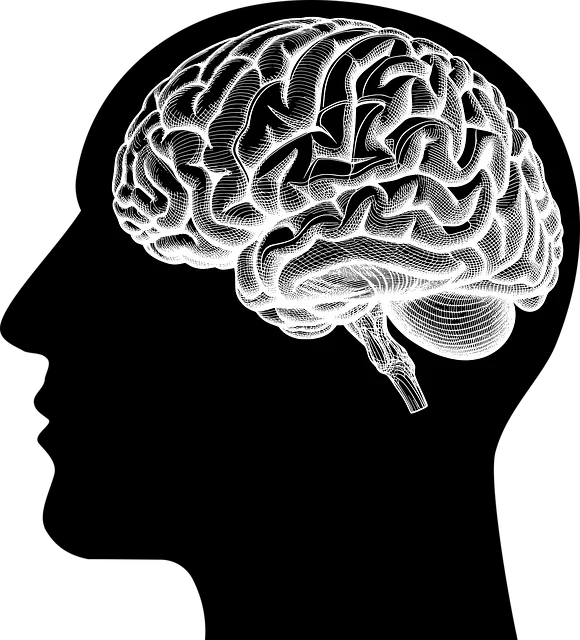Depression, a serious mental health concern, requires prompt recognition through signs like persistent sadness and suicidal thoughts. The Englewood Kaiser Permanente mental health access center stresses early intervention, addressing risk factors like family history and burnout. They promote lifestyle interventions, such as exercise and mindfulness, and emphasize cultural competency training for healthcare providers. Professional support, including therapy options like CBT, is crucial for prevention and management, while education and awareness campaigns reduce stigma and encourage timely help-seeking.
Depression is a prevalent yet treatable condition, affecting millions worldwide. Recognizing the signs and understanding risk factors are pivotal steps towards prevention. This article explores practical strategies to safeguard your mental well-being, emphasizing the role of lifestyle changes and professional support.
Learn how to navigate through potential risks, with insights from Englewood Kaiser Permanente Mental Health Access Center’s expertise, offering valuable resources for a healthier mind. Discover therapeutic options and make informed choices to prevent depression and foster resilience.
- Understanding Depression: Signs and Risk Factors
- Lifestyle Changes for Mental Well-being
- Professional Support and Therapy Options
Understanding Depression: Signs and Risk Factors

Depression is a common yet serious mental health condition that significantly impacts an individual’s daily life and well-being. Recognizing the signs and understanding the risk factors associated with depression are crucial steps in prevention. The Englewood Kaiser Permanente Mental Health Access Center emphasizes the importance of early intervention, offering support to those experiencing symptoms before they escalate.
Several indicators can signal a potential depressive episode, including persistent feelings of sadness, loss of interest or pleasure in activities once enjoyed, changes in appetite and sleep patterns, fatigue, difficulty concentrating, and thoughts of worthlessness or suicide. Certain factors increase an individual’s risk, such as a family history of depression, chronic illnesses, significant life events like trauma or loss, and certain personality traits. By being aware of these signs and risk factors, individuals can seek help promptly, and healthcare providers can implement effective strategies, including self-awareness exercises and anxiety relief techniques, to prevent or manage depression, especially among high-risk groups such as those in the healthcare industry who may experience burnout.
Lifestyle Changes for Mental Well-being

Englewood Kaiser Permanente mental health access center emphasizes that lifestyle changes play a pivotal role in fostering mental wellness and preventing depression. Incorporating regular physical activity, maintaining a balanced diet, and prioritizing quality sleep are fundamental strategies to enhance overall well-being. These simple yet effective habits not only reduce symptoms of stress and anxiety but also serve as robust foundations for robust mental health.
Additionally, engaging in practices like mindfulness meditation, journaling, and seeking guidance through exercise can significantly contribute to stress management. The Englewood Kaiser Permanente mental health access center encourages individuals to explore these avenues, noting that a Mental Wellness Journaling Exercise Guidance from a qualified healthcare provider can be immensely beneficial. Moreover, ensuring cultural competency training for healthcare providers is essential, as it facilitates more empathetic and tailored support for diverse populations, ultimately promoting inclusive mental health care.
Professional Support and Therapy Options

Professional support plays a pivotal role in depression prevention and management. Engaging with mental health professionals like therapists or counselors is a powerful step towards well-being. The Englewood Kaiser Permanente Mental Health Access Center, for instance, offers accessible resources for those seeking aid. These centers provide an array of therapy options, including cognitive-behavioral therapy (CBT), dialectical behavior therapy (DBT), and interpersonal psychotherapy (IPT). Such evidence-based approaches help individuals identify and change negative thought patterns, develop coping strategies, and build resilience against depressive episodes.
Incorporating mental health education programs designed to foster emotional intelligence can further bolster prevention efforts. Public awareness campaigns focused on normalizing conversations about depression and promoting early intervention can significantly reduce stigma and encourage people to seek professional help. By combining therapy, education, and public outreach, communities can create a supportive environment that empowers individuals to take charge of their mental health effectively.
Depression is a serious yet treatable condition, and armed with the right tools and support, individuals can effectively manage and prevent its recurrence. By understanding the signs and risk factors, making positive lifestyle changes, and seeking professional help when needed, one can enhance their mental well-being. Englewood Kaiser Permanente’s mental health access center offers comprehensive resources, emphasizing the importance of early intervention and evidence-based practices. Through a combination of these strategies, individuals can take control of their mental health and lead fulfilling lives.






